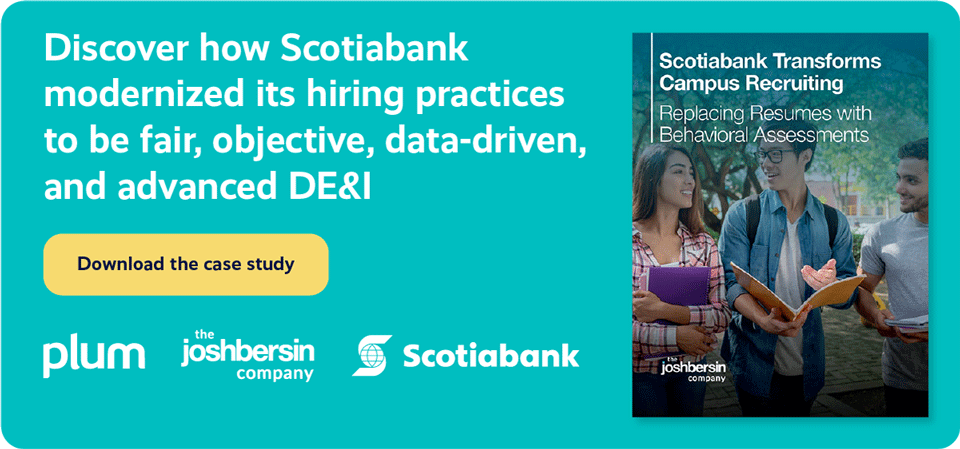How a Human-Centric Workplace Approach Brings out the Best in Your Workforce and Business
Belonging is a fundamental human need, yet 40% of people say they feel isolated at work. The unrest in the world and shifts in workforce composition have only exacerbated feelings of isolation for many workers – causing them to rethink their current jobs and leave for better opportunities.
Workers no longer just want a paycheck. They want a sense of purpose and belonging. They want to feel like they can bring their authentic selves to work, have their voices heard, and feel understood.
Companies are starting to be held accountable for their commitment to advancing diversity, equity, and inclusion. But when it comes to creating a diverse company culture, an important aspect organizations need to consider is forging a sense of belonging for their people and creating a workplace where they feel safe. It's more than a statement of inclusion on a job posting; it's an actionable change that shows candidates and employees that your company values who they are as individuals and what they bring to the table.
The bottom line of belonging
Deloitte's Human Capital Trends report ranked 'Belonging' as the top human capital issue organizations face today, with 93% of respondents agreeing that a sense of belonging drives organizational performance.
According to a study conducted by BetterUp, when workers feel like they belong, companies reap substantial bottom-line benefits.

Your People strategies have the power to bring out the best in employees and create strong workplace cultures. But even the most effective strategy won't lead to long-term change if your people aren't understood and supported to succeed.
Taking a human-centric approach to enhancing the workforce experience
Creating a diverse, equitable, and inclusive culture where people feel like they belong requires a data reset. A reset that starts with human potential data to understand who people are so you can support them throughout the employee lifecycle.
The companies successfully advancing DE&I and creating workplaces of belonging are the ones who are taking a human-centric approach to enhance their workforce's experience.
They're looking at their recruitment practices to see where bias is being introduced in the hiring process. The first entry point of bias is in the screening process, which starts with relying on a resume to hire. Making hiring decisions based on where someone went to school, past work experience, or where they live does not give you the full picture of the candidate and what they can accomplish if given the opportunity. It's historical data that only shows you one side of the candidate. Read our blog post on how the resume perpetuates bias in the hiring process and might be keeping you from finding top talent.
A company's recruitment practices can tell a candidate a lot about the company. Make a good impression on candidates by taking an objective, data-driven approach to hiring – by looking at the human as a whole and the power skills they bring rather than relying on historical data and what they've done in the past. This approach also opens your aperture to expand your hiring pool to surface people you may never have considered in the past to find the best talent for roles.
Once a candidate has been hired, leadership can play an instrumental role in helping foster an environment of belonging for their employees. Having open conversations with your employees about what makes them feel valued and supported can help build stronger relationships with employees and elevate their experience. Human potential data can also help leaders understand the talent and potential in their employees and leverage it to help them develop and grow within the company. Empowering people to use their strengths allows them to show up as their best selves and helps them feel fulfilled in their roles.
When you tap into people's human potential, you help them feel understood and valued at work, building a workplace of belonging, leading to higher productivity, increased retention, and more transparent feedback from employees. It's a win-win for all.

